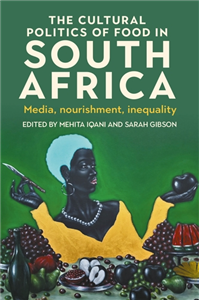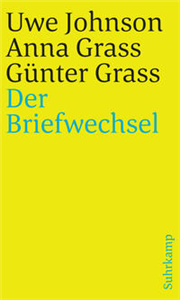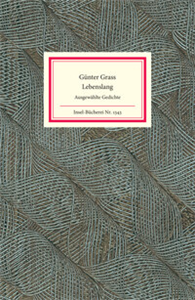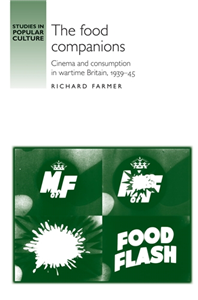Cerkabella Publishing House
Member of the Móra Publishing Group, Publishing House CERKABELLA was founded in 1997. The aim of Cerkabella is to publish high quality literature for children and young adults. Numerous Cerkabella books have received literary prizes in Hungary as well internationally, and many of our titles have also won awards due to the excellence of their design. The publishing house has been cooperating with numerous well-known authors of children’s books, poets, and prose writers, such as Erzsi Kertész, Szilvia May, Ágnes Mészöly, Tibor Zalán and others. Also, we are working with award winning illustrators, like Réka Hanga, Kinga Rofusz, Katalin Szegedi, Ildikó Petrók, Eszter Metzing, Tibor Kárpáti and others. Cerkabella’s titles were published recently in Germany, China, Slovakia, Serbia and Italy.
View Rights Portal




























